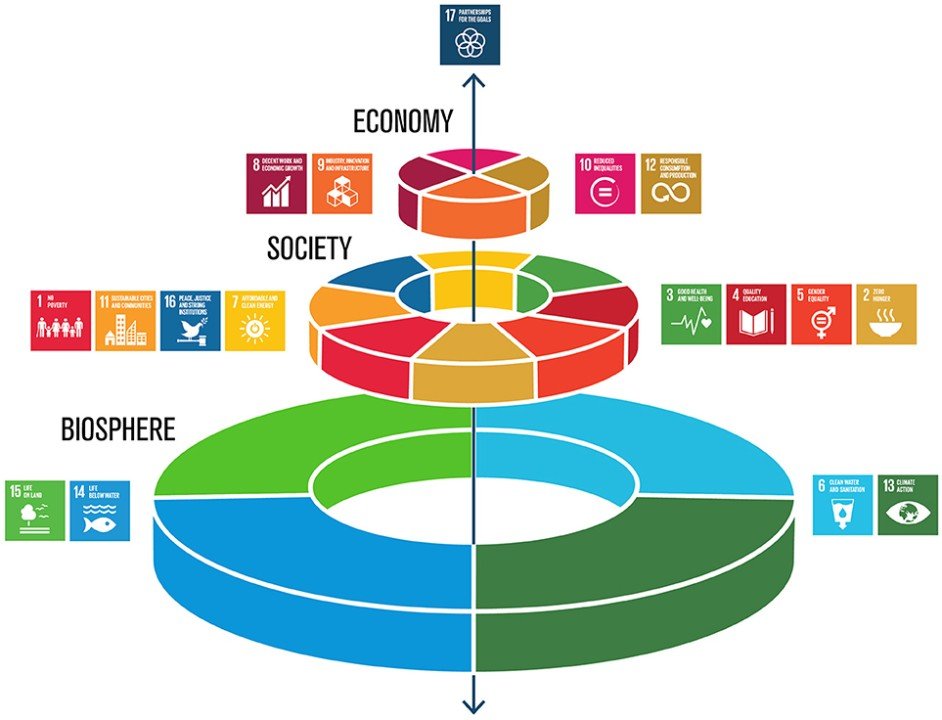
26
Feb
Research Report: Implications of Climate Change and Socio-economic Development for the Water-Energy-Food Nexus
Introduction
This research report is based on a systematic review of various methods used for assessing the water-energy-food (WEF) nexus. The review focuses on a broad spectrum of nexus-related topics ranging from hydropower development to climate change impacts on water quality, integrated modeling approaches, and more. It underscores the need to consider the WEF nexus within infrastructure planning and management, especially in Africa. Various optimization models and tools are discussed, including hydroeconomic models and open-source Python implementations.
The Nexus in Context
Climate change exacerbates stress on water availability and quality, triggering extreme events with severe environmental and socio-economic impacts. Actions to mitigate and adapt to climate change have implications for the water system, its users, as well as energy and agricultural sectors. Ensuring sustainable management of the WEF nexus is critical in addressing these challenges, particularly when it comes to transboundary bodies of water.
The WEF nexus is also an essential consideration in achieving the objectives of the European Green Deal and creating sustainable policies. The Horizon 2020 initiative has supported several projects that assess the WEF nexus across different geographical scales, while PRIMA and EN-SUGI initiatives have backed projects aimed at improving water availability and sustainable agriculture production in regions distressed due to climate change, urbanisation, and population growth.
Combined Impacts of Climate Change and Socio-economic Development
Climate change and socio-economic development both influence the WEF Nexus. An integrated management model was used to quantify these combined impacts in the Mekong River Delta. Key findings include:
- Vulnerability of rice yields to extreme climate events,
- Sharp increase in power generation due to socio-economic development,
- Estimated increase in total water withdrawal by 40% compared to 2016,
- More vulnerability of energy and water sectors compared to the food sector.
Understanding these impacts is crucial for achieving regional sustainability.
Implications for Sustainable Development Goals (SDGs)
Climate change threatens to impede progress towards SDGs related to poverty, hunger, health, water, energy, and climate action. Vulnerable populations are highly susceptible to climate-sensitive health impacts. Climate change could increase the transmission and geographical range of diseases such as malaria.
Proactive interventions such as enhancing irrigation systems and promoting cleaner energy sources are essential for long-term adaptation and sustainability in agriculture. Moreover, cross-sectoral management of resources is pivotal for climate change adaptation and achieving SDGs.
Findings from Meta-analysis
The meta-analysis conducted on 97 studies provides valuable insights into the effects of climate change and socio-economic development on the WEF nexus:
- Food yield decreases under extreme climate scenarios,
- Increased irrigation requirements for food production,
- Projected increase in average energy generation,
- Increased water withdrawals for electricity generation,
- Significant positive correlation between population/GDP with power generation & water withdrawal.
These findings underscore that climate change, economic growth, and social development pose significant challenges to the WEF nexus.
Conclusion
To ensure the security and stability of the WEF nexus amidst these challenges, it’s crucial to adopt innovative technologies alongside a coordinated adaptation strategy across multiple sectors. This research provides reliable data support for future policy formulation concerning the WEF nexus. For this and other cutting edge research reports, take advantage of this limited time free offer to subscribe to Sustainable Investing Digest: Subscribe on LinkedIn https://www.linkedin.com/build-relation/newsletter-follow?entityUrn=7053058780464345088